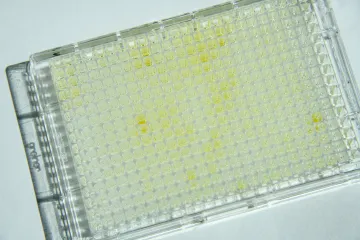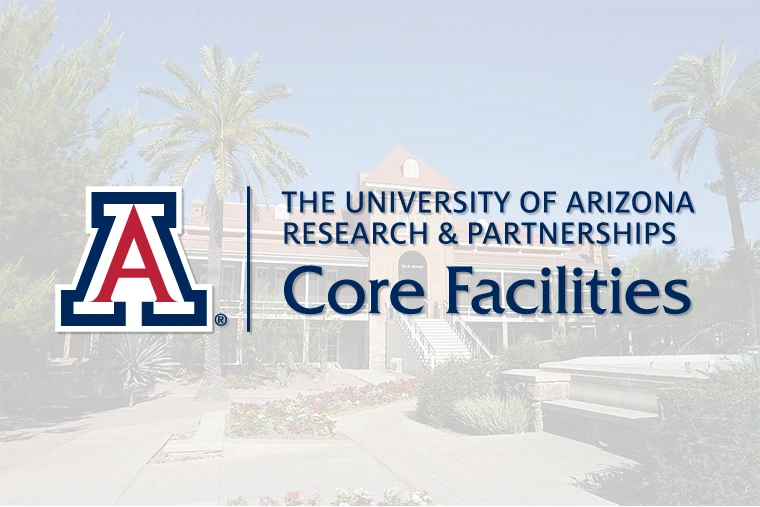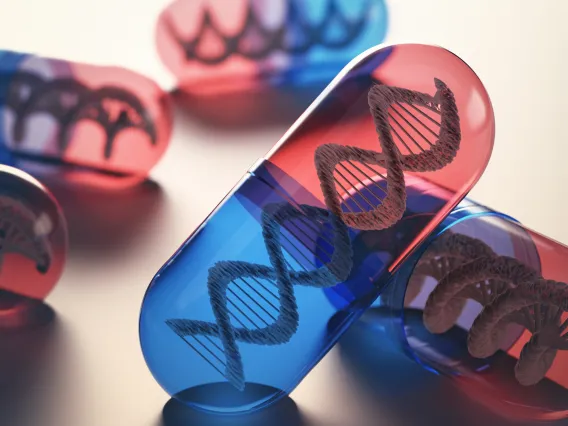ORP Core Facility Pilot Grants - February 4, 2026 deadline
The ORP Core Facilities Pilot Program is designed to support three key types of activity within the ORP-managed core facilities. Each CFPP proposal will be evaluated on scientific merit and feasibility, and should focus on one or more of the following activity types:
- The development of new methods or techniques that would extend the standard operating procedures and capabilities of ORP-managed core facilities and potentially impact multiple UA researchers. Successful projects will result in new methods or techniques which will be disseminated to the UA research community via the core’s website, and be incorporated into the core’s standard operating procedures and capabilities.
- The acquisition of preliminary data needed for extramural proposals. Successful projects will result in at least one new extramural research proposal. PIs must note the specific extramural funding opportunity announcement for which they plan to submit and their anticipated submission date along with their CFPP application. A full justification of the anticipated studies is required.
- The technical training of students conducting research under existing extramural funding. Successful projects will result in student researchers with the technical skills to operate equipment safely, efficiently and independently within the core facility(ies). PIs should note the student(s) to be trained, the core(s) in which they will be trained, the equipment on which they are to be trained, and the funding source under which the student’s research project is funded. Proposals to train students from traditionally marginalized groups will be given funding priority.
For additional information and to apply, see Arizona Cultivate.





